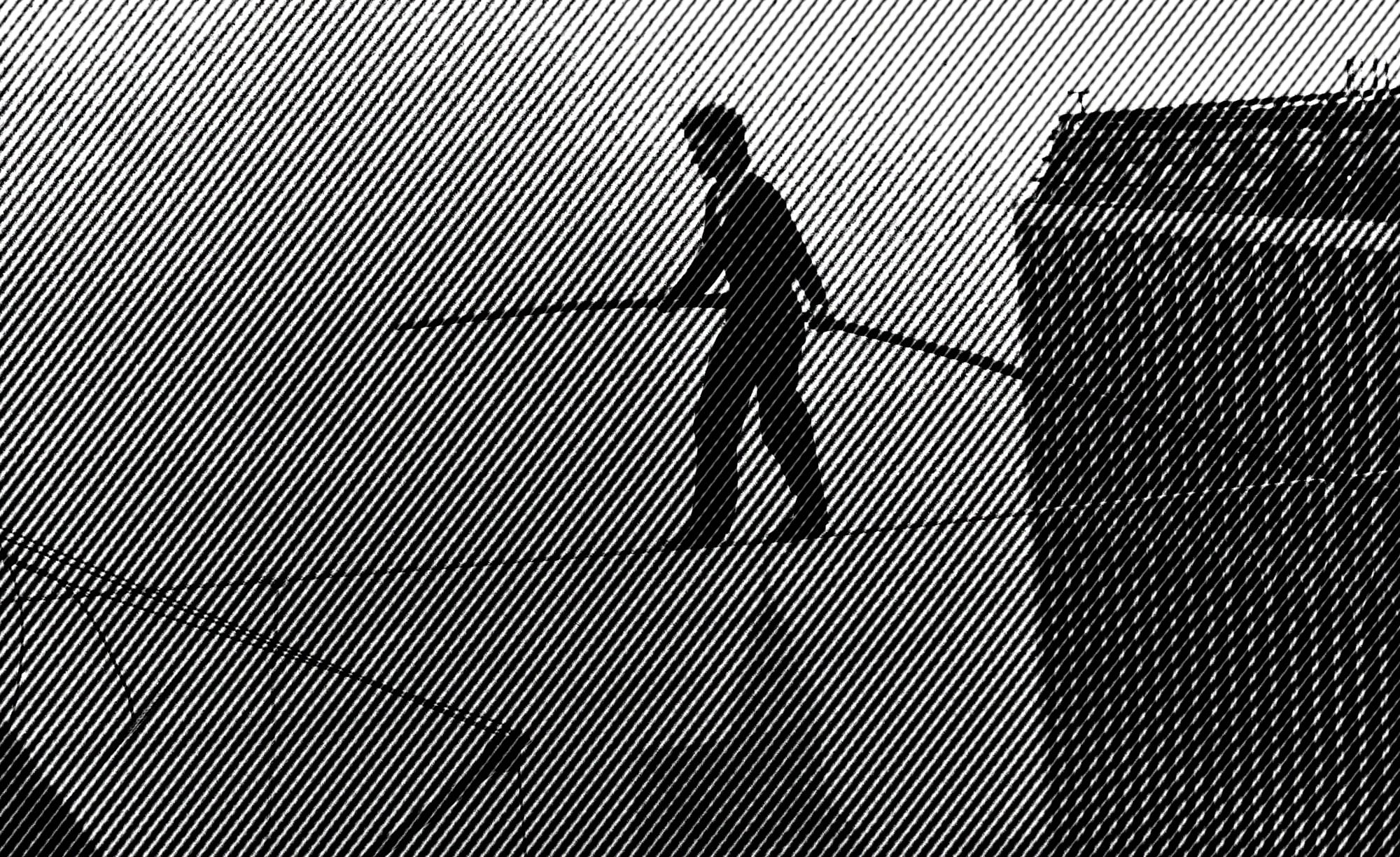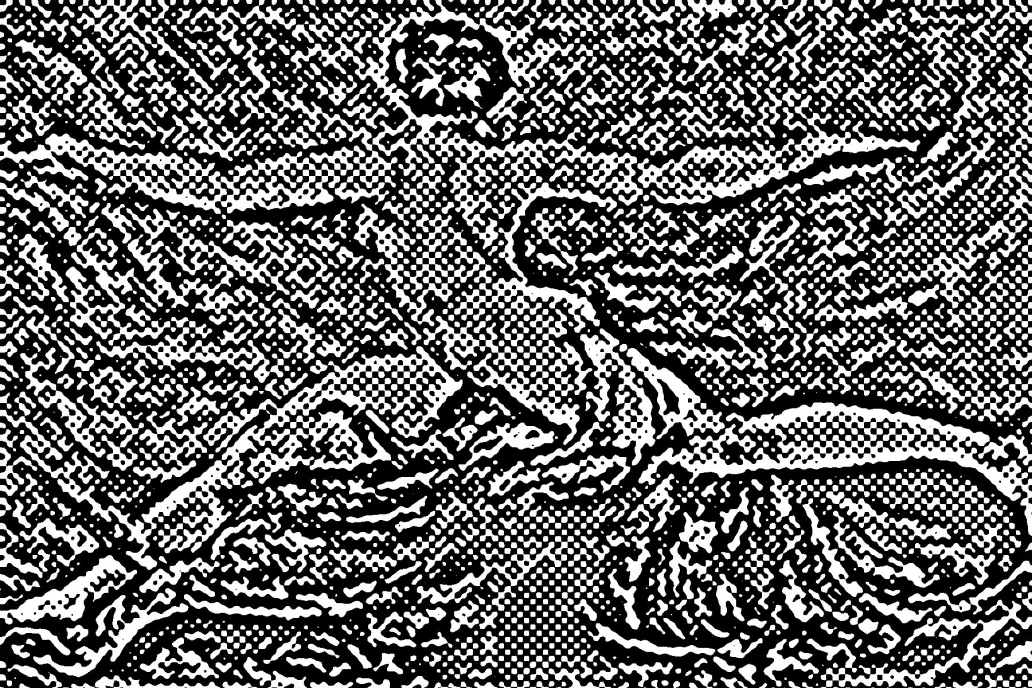
Speaking animals create symbolic immune systems to manage their interactions with foreign ideas. Such immune systems make it possible for a species to feel like a species, or a family to feel like a family. Without a symbolic immune system, any human being would be constantly dissolving into a mess of nonsensical ideas. As we have seen, unlimited synthesis with the outside is an explosively unstable feature of liberal capitalism.
The history of religion and philosophy was the evolution of a sophisticated symbolic immune system. Monastic orders and philosophical lifestyles are examples. What we learn through a study of this history—as brilliantly directed by the German philosopher Peter Sloterdijk in his 2009 book You Must Change Your Life—is that symbolic immune systems are created and maintained through practice.
Repetition, habit, and games of skill are the modes through which symbolic immune systems are made real.
For Sloterdjik, the concept of practice or training (áskēsis) explodes the popular distinction between faith and works, between ideas and reality. Such distinctions are misleading and decadent overgrowths hiding a much simpler logic of all cultural production: the conquest of improbabilities through regimens of physical and mental cultivation.
Surprise, information, and negentropy are so many words for improbability. Just as a Bitcoin miner burns electricity to find an improbable hash, every cultural entrepreneur spends time and energy to find some kind of needle in the haystack of their own discipline. Sloterdijk's favorite conceptual persona here is the acrobat—the performance artist par excellence—who is, like Nietzsche's Übermensch:
"subjected to constant grooming and physically experiences adaptations to the improbable... Such an Übermensch is closer to animality than the educated bourgeois because of the physical dimension of its art, yet simultaneously closer to an extra-human dimension by virtue of its removal from the everyday sphere through its daily occupational hazards. Someone who balances on the high wire lives from giving the audience a reason to look up. No one would do so without effective attractors: the danger that constantly accompanies the artiste, the embodied bravura that saves him at every step, and the overcoming of impossibility that enables its conqueror to walk between the precipice on the right and the precipice on the left as the ordinary person walks from their front door to the parlour."
Just as we've seen with our pilgrims and conquistadors, cultivation and costly daring generate vertical asymmetries which are significantly more real than we typically admit. Where the pilgrim's "city on a hill" is a metaphorical verticality, the acrobat's is literal. But in all cases, the principle is the same: As a species and civilization, we venture upward and outward through increasingly virtuosic performances.
One of the provocative implications of Sloterdijk's analysis, combined with our own catalogue of case studies, is that the logic of performance art is dramatically more abstract than is generally realized. All of the social and political contingencies at any given time are almost irrelevant compared to the simple fact of whether or not an individual or group can—or cannot—execute the performance. You've either done the training, or you haven't. You either walk the tightrope, or you don't.
We began our discussion with the symbolic immune system because the acrobat also serves an immunological function. The acrobats, pilgrims, and conquistadors—the performance artists—expand the interior while at the same time guarding the membrane. Their proofs-of-work define and enforce the outer edges of what is real and good, though only for members of their own culture, namely whosoever is impressed by the performance.
Today, success and impact are assumed to be contingent on social status, political alliance, ideological affiliation, and the fickle verdicts of the managerial class. Today, "safety" and "security" are assumed to be contingent on trusted third-parties and middlemen, we have outsourced provision of our symbolic immune systems to the very entities we most need to filter.
We're shorting it all.
We're betting on the core logic of cultural production: proof.
We're betting on the acrobats.
